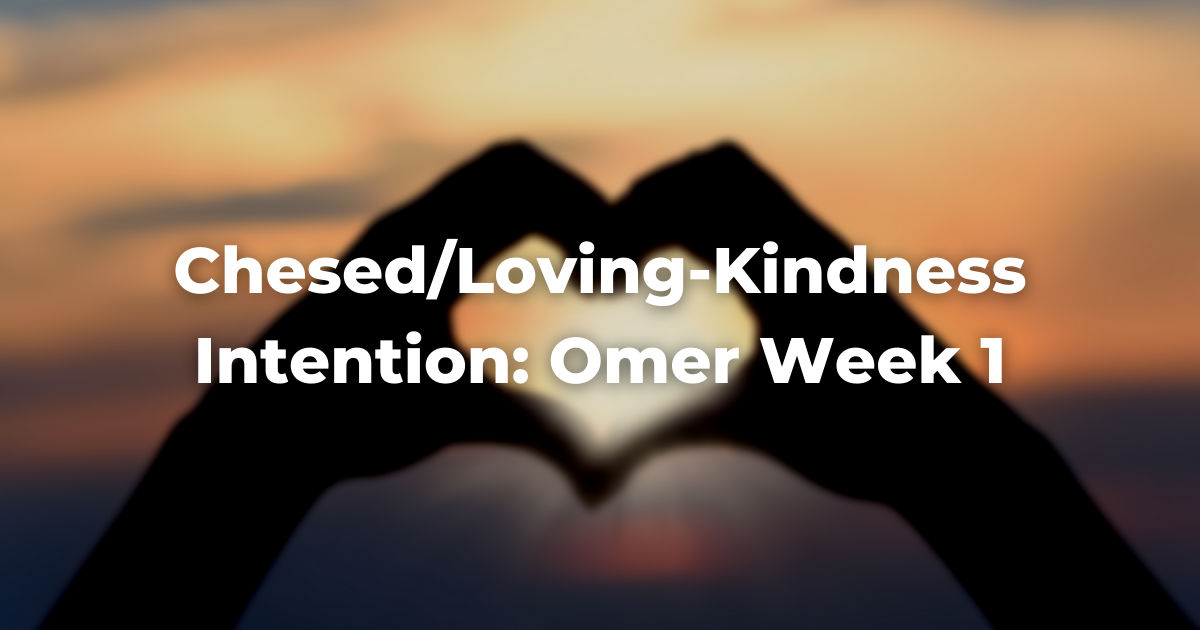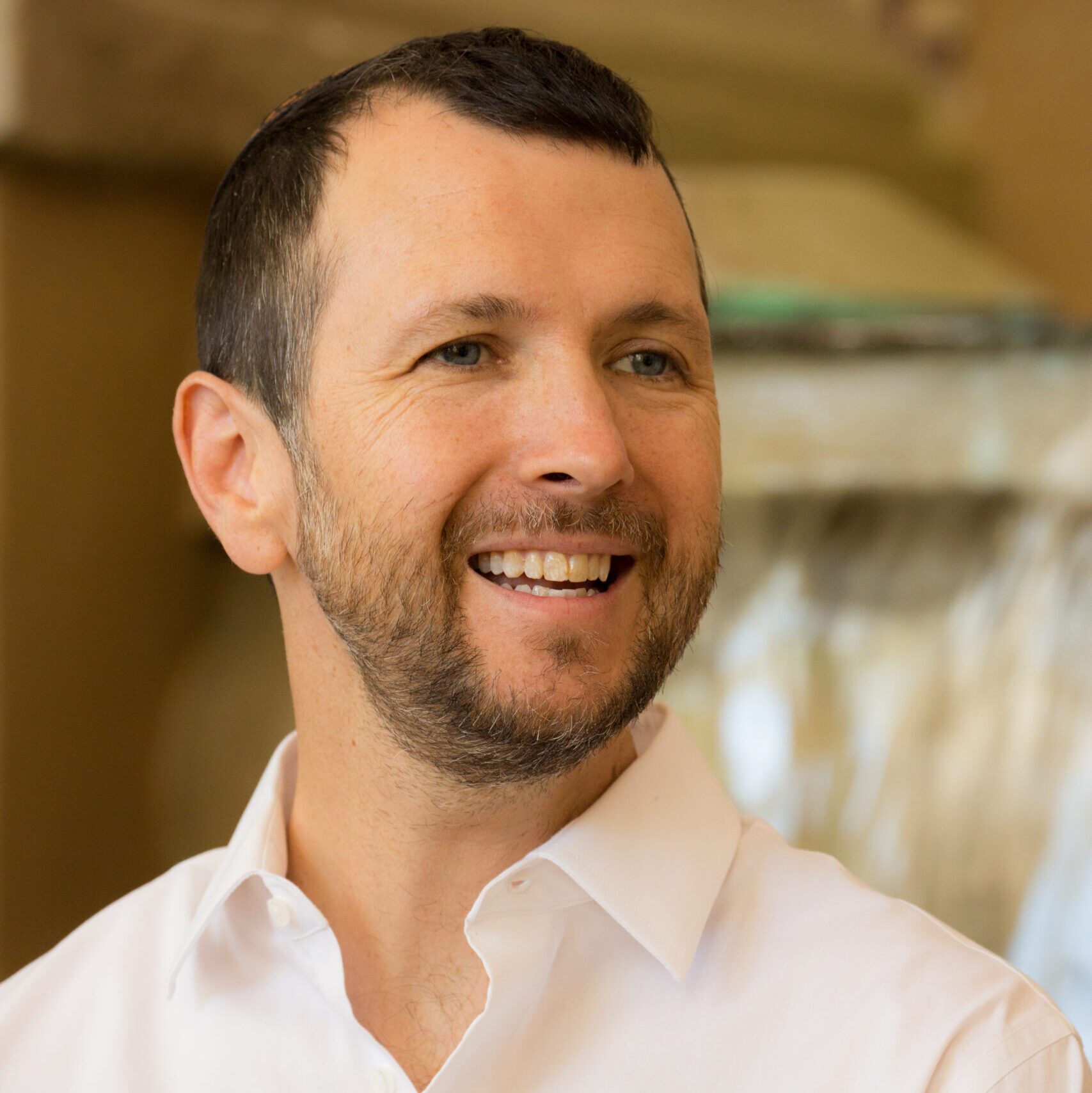This spiritual reflection and intention is a part of Counting the Omer. You can find more information on this mitzvah and how to observe it there here.
What is Chesed?
The first quality (middah) is chesedThere is no perfect translation, but is generally defined as “loving-kindness.” When we act with Hesed, we are doing Gemilut Hasadim. Also spelled: chesed Read more, or unconditional love. The outpouring of support, love, and encouragement that is the foundation of human flourishing.
Other translations of Chesed are:
- Loving-kindness
- Covenantal love
- Relational love
So what? How does it relate to me?
With others:
Chesed undergirds our most important human relations: parent, child, spouse, or other loved one.
This quality is essential in having the deepest potential relationships with those around us. Without chesed, our interactions are transactional, thin, and ephemeral.
The most poignant example of chesed in interpersonal relationships is through covenantal relationships, most easily conceptualized in a marriage.
As such, both parties commit to weather the vagaries of life together. A covenantal relationship is expressed in terms of chesed, love and commitment which overflow all boundaries, granting us the fortitude necessary to make it through the most challenging moments in our lives.
With ourself:
Chesed expresses itself bidirectionally: receiving love and expressing love.
Each aspect requires its own psychological scaffolding. The quality of our lives is intricately linked to how well we empower ourselves to receiving chesed from others and well we are able to express chesed to those whom we most love.
With God:
Every one of us is invited into a covenantal relationship with the Holy One. As the ultimate Source, God is continuously pouring chesed into our lives.
We are invited to recognize these blessings in our relationships with others, in the splendor of the natural world, and in the goodness that humanity brings.
Chesed practice for the week:
- Before bed each night, write down three concrete examples of how chesed showed up your life that day.
- Each morning, review yesterday’s 3 moments of chesed.
- Reach out to someone whose chesed has impacted your life and tell them about it.
Author
-

Rabbi Meir Goldstein is blessed to be the Senior Jewish Educator at the Oregon Hillel Foundation and Judaic Studies lecturer at the University of Oregon. He elevates human dignity by building a community of learners. Rabbi Goldstein attended the Ziegler School of Rabbinic Studies at the American Jewish University, earning an MA in Rabbinic Studies in 2003 and Rabbinic Ordination in 2006. When not at work, he is happiest on a hiking trail, playing guitar, or studying. Rabbi Goldstein lives in the holy city of Eugene, Oregon, with his wife, Laura, and their loving (yet bossy) shih tzu, Koofi.
View all posts






